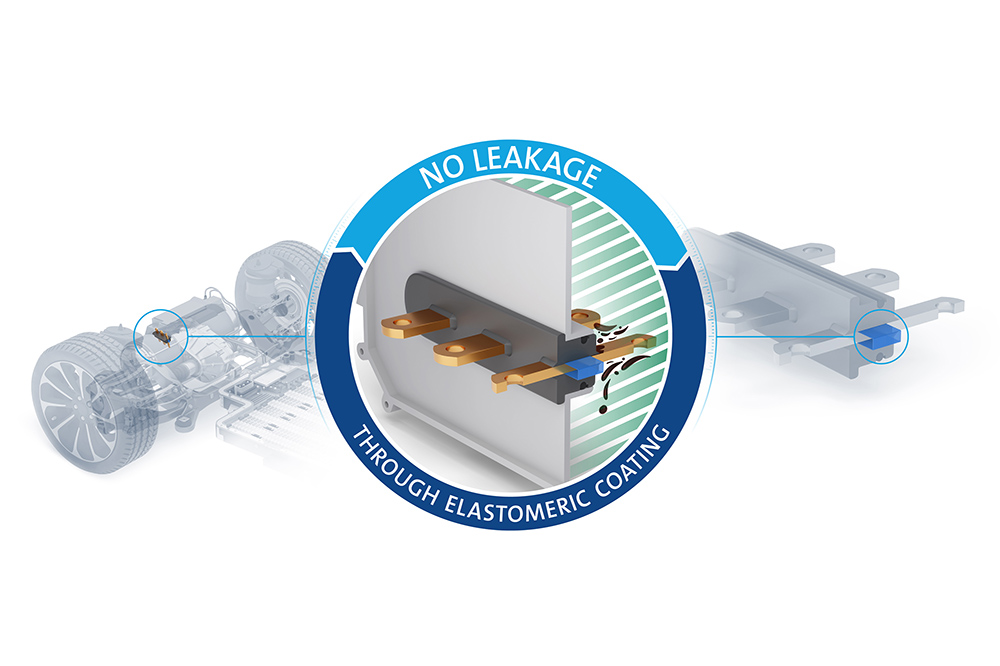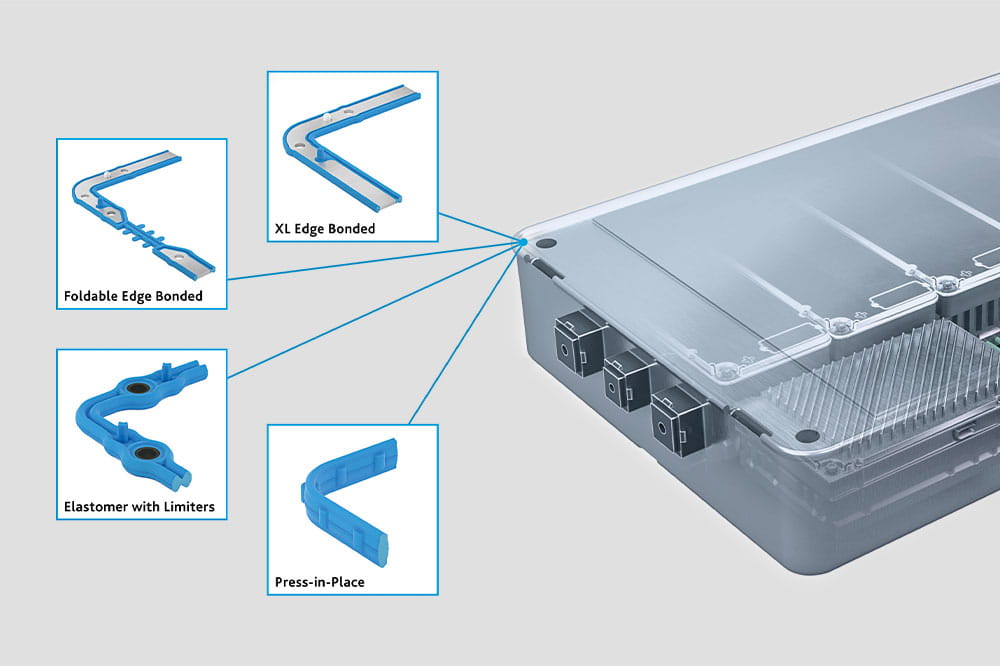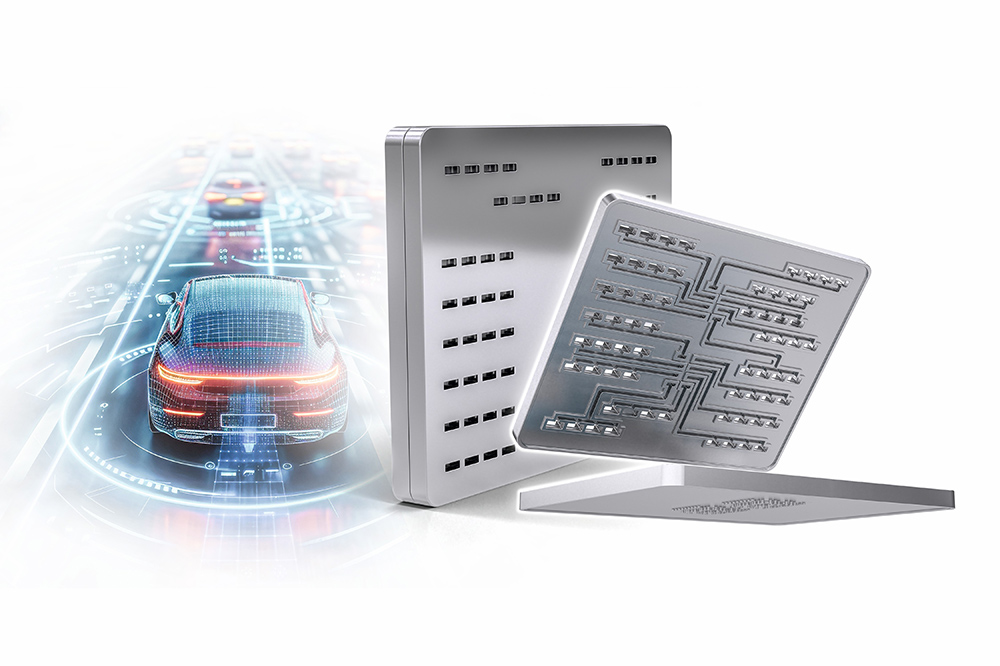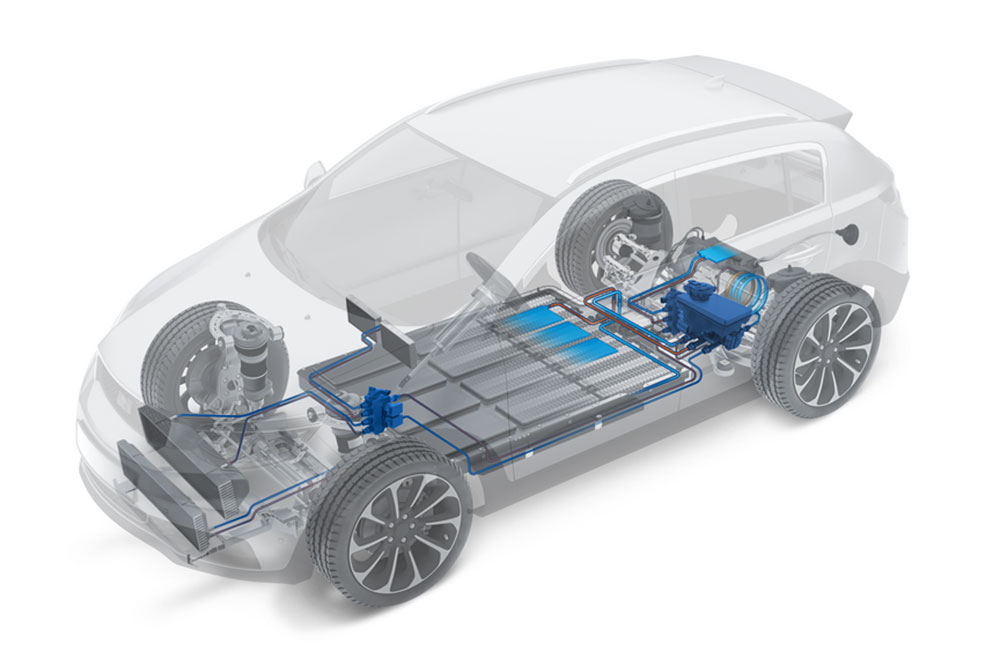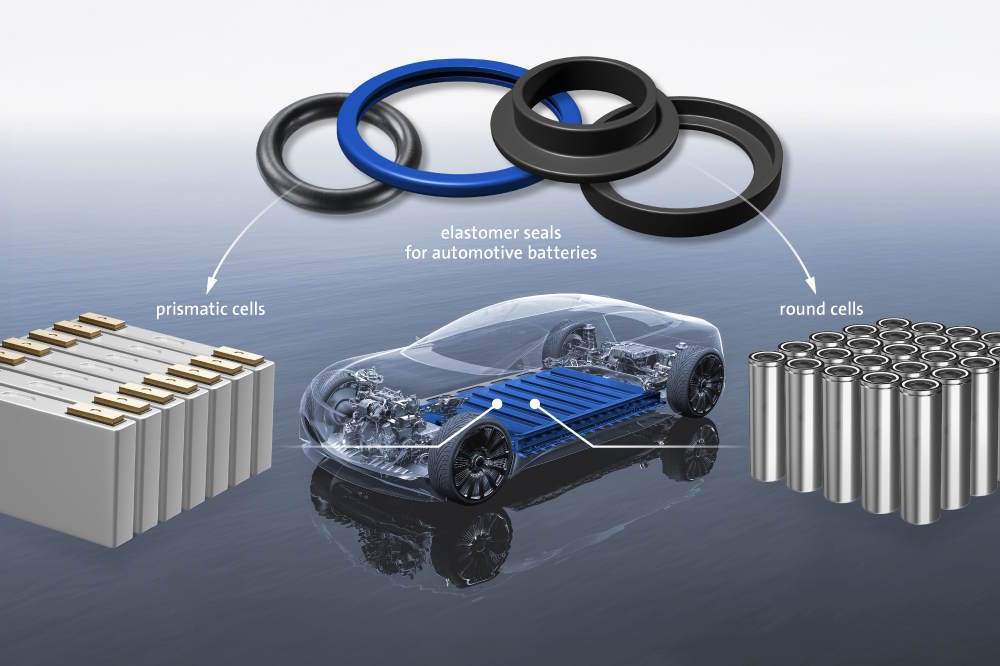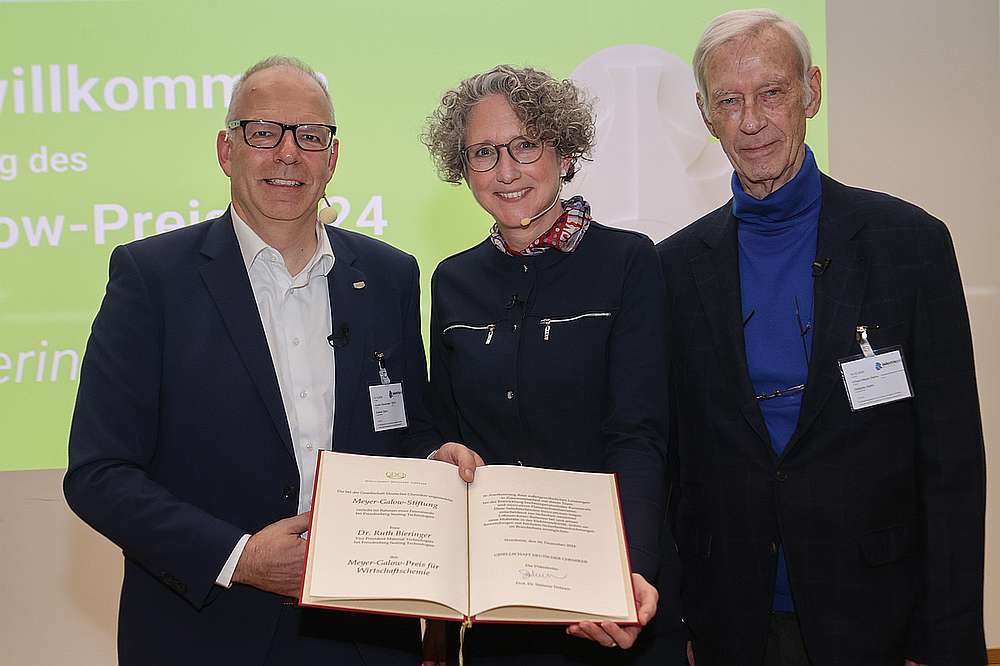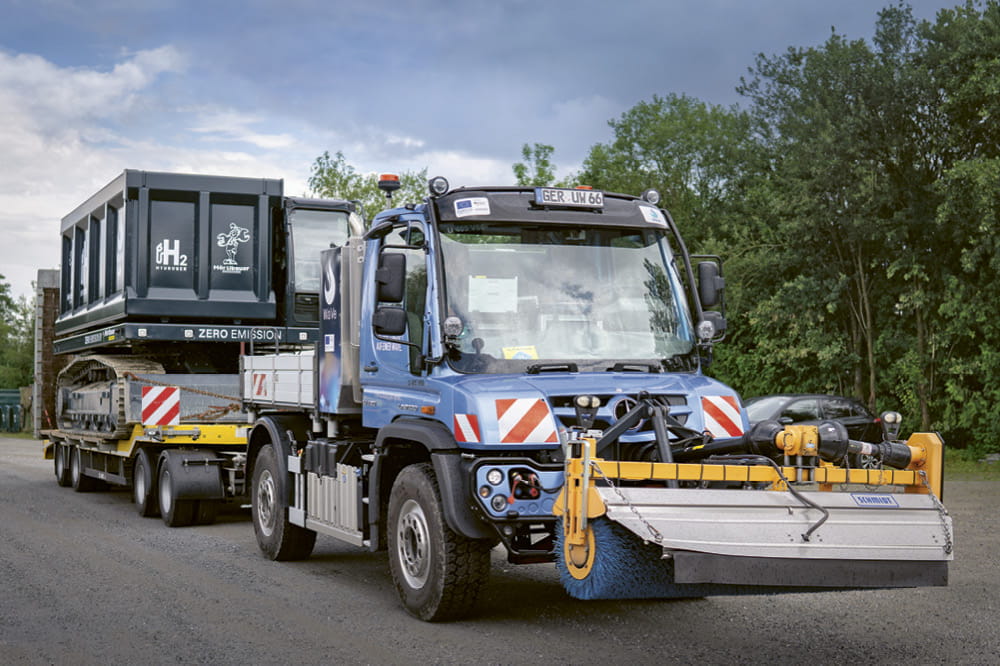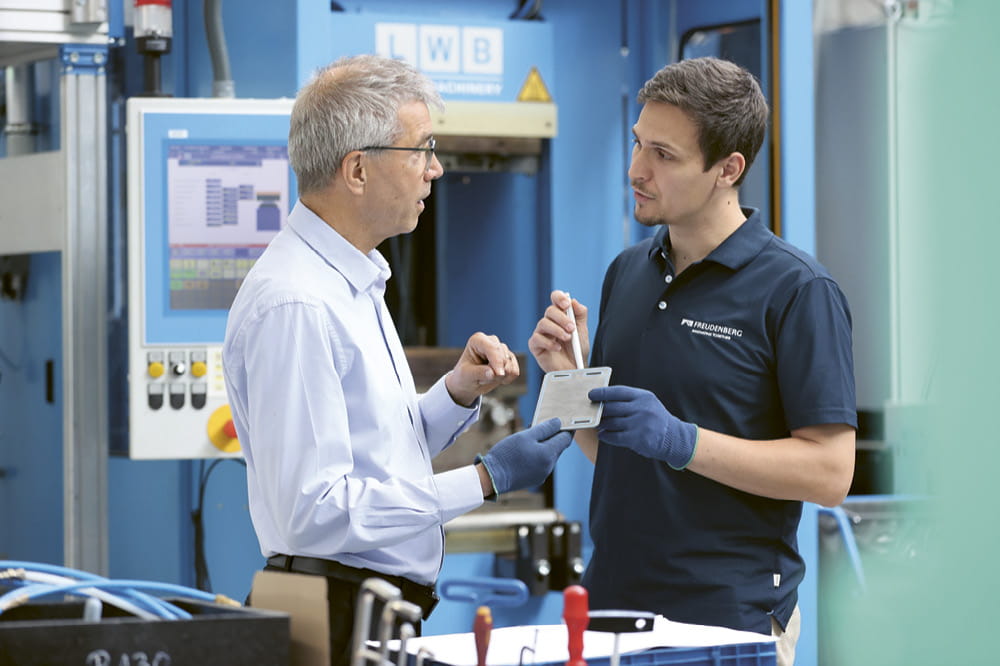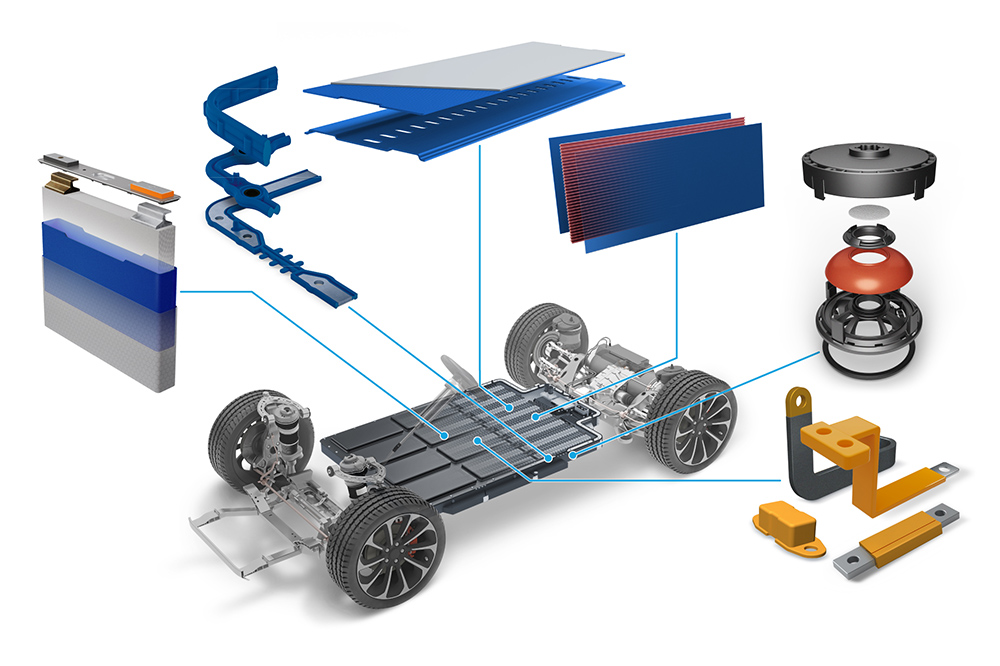Obtain news and background information about sealing technology, get in touch with innovative products – subscribe to the free e-mail newsletter.
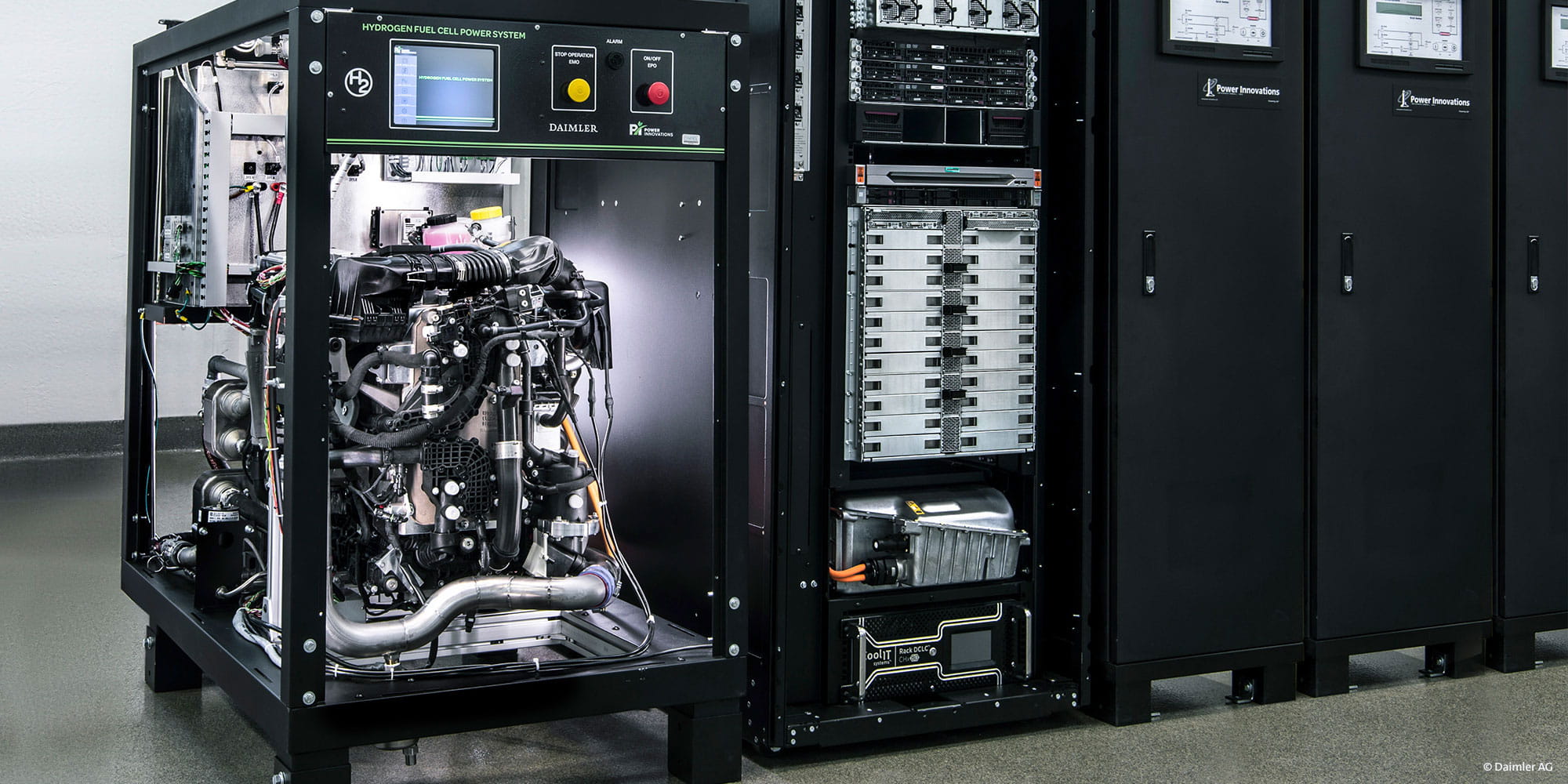
06.02.2018 | Story
Fuel Cells for Green Computing Centers
Computing centers are playing an important role as the world becomes more digitalized. That explains why their number and energy consumption have continued to grow despite cloud technology. With a new approach, researchers intend to show how computing centers can operate without emitting any CO₂ at all. It is based on advances from the auto industry.
Despite all the efforts on behalf of green IT, computing centers still consume a great deal of energy. Their server racks need more than just electric current – they have to be cooled as well. Energy alone accounts for 30 to 40 percent of the construction costs of a computing center, according to one recent estimate. By 2020, the Natural Resources Defense Council (NRDC) predicts that computing centers in the United States will annually consume an energy volume equivalent to the output of 50 power plants. That will put CO2 emissions at about 100 million tons. As a result, efficient and cost-effective solutions are in greater demand than ever.
From Cars to Stationary Applications
A pilot project designed to deal with the challenge is attracting attention. The goal is to run a computing center entirely without carbon dioxide emissions. Its core feature is a highly advanced fuel cell technology borrowed from the auto industry. Daimler AG has had extensive experience with fuel cells, and it is looking at one of its new systems as a source of electricity for computing centers and other stationary applications.

Green Energy for Server Racks
The automaker and its international partners want to construct a hydrogen-based energy system consisting of an electrolyzer, a storage system and photovoltaics, along with an automotive fuel cell. The basic thinking is quite simple. Solar and wind power facilities provide the basic supply of electricity. On the computing center’s grounds, excess energy is used to produce hydrogen, which is stored in tanks. If solar and wind power are ever insufficient to cover the demand, or if the system malfunctions, automotive-style fuel cells cover the shortfall after tapping into the stored hydrogen. In this way, a computing center would be able to safeguard its energy supply completely on its own.
Fuel Cells: A Wide Range of Advantages
The benefits of fuel cells in these applications are many and varied: They are reliable and can be easily scaled up or down. They run quietly, need only minimal maintenance and take up little space. Designed for sustainability, they are also cost-effective. The pilot project exploits the advantages of renewable energy and still provides a supply that is independent of the market. Since fuel cells developed for cars must meet the maximum safety and quality standards, they are well-suited for integration into stationary applications. That’s why the results of the pilot project are eagerly awaited.
More news on the subject E-Mobility

Join Us!
Experience Freudenberg Sealing Technologies, its products and service offerings in text and videos, network with colleagues and stakeholders, and make valuable business contacts.
Connect on LinkedIn! open_in_new